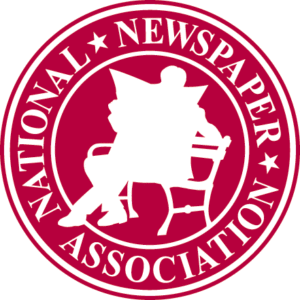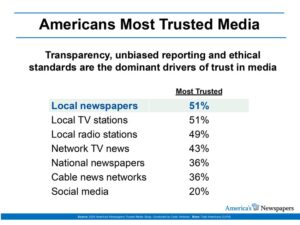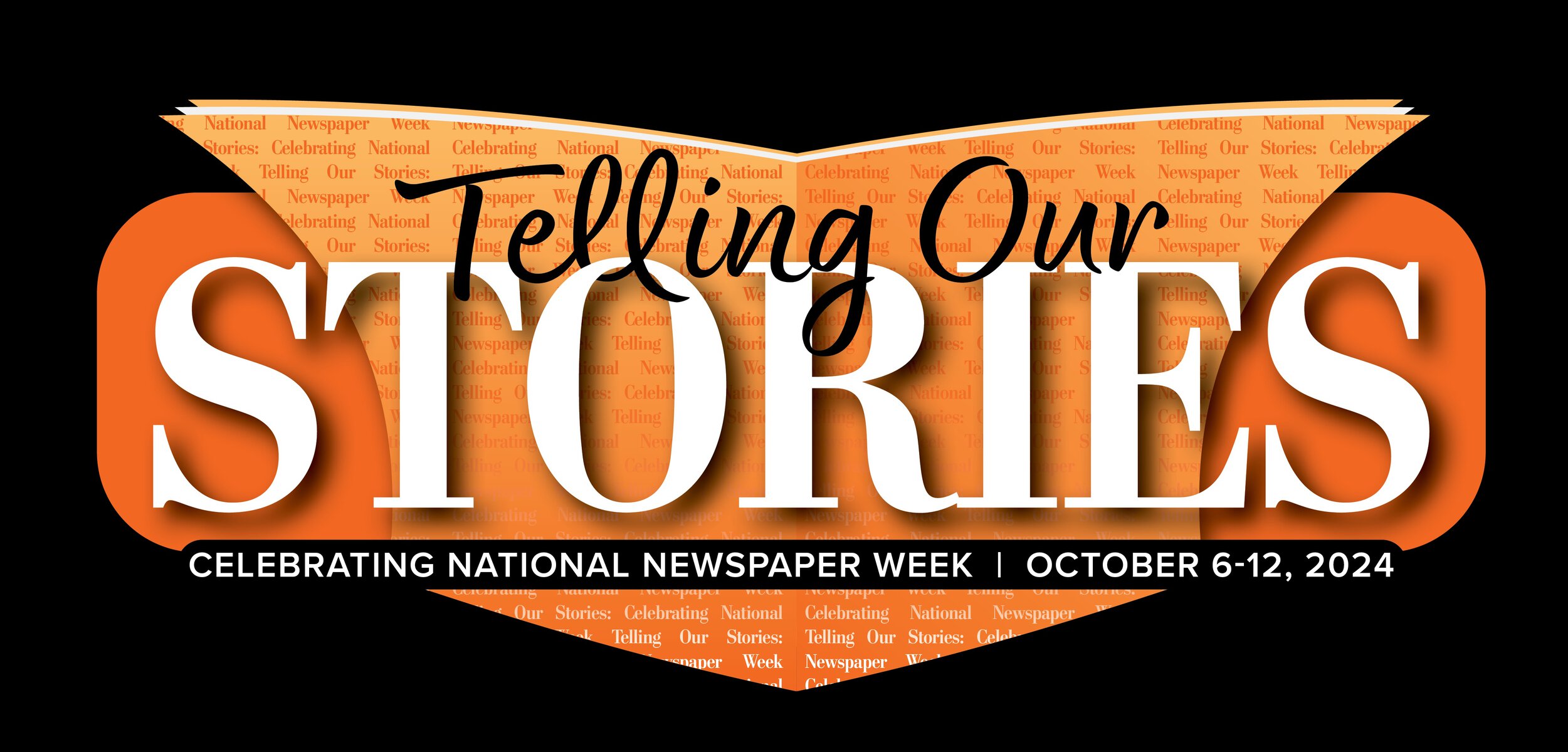Gov. Tony Evers on Wednesday signed into law the state’s first COVID-19 relief package in response to the coronavirus pandemic.
Legislative leaders acknowledged the deal as a good first step but signaled more legislation was needed as the pandemic continues. Evers said in a statement the billed lacks “meaningful support for small businesses,” noting it did not include additional investments in WEDC’s 20/20 program.
We’ve compiled a list of provisions of interest to newspaper publishers, including a requirement that the Wisconsin Economic Development Corporation examine the adverse effects of COVID-19 on state businesses. Because it is likely the results will be used to help local and state governments make decisions about future relief packages, WNA members are urged to make time to complete the survey.
Unemployment Insurance
- If an unemployment claim is related to the public health emergency declared by the governor, the bill provides that the claim not be charged as normally provided, but instead is charged to the unemployment reserve fund, which is a pooled account financed by all employers.
- The bill requires the secretary of workforce development to seek advances to the state’s unemployment reserve fund from the federal government, in order to allow the lowest unemployment insurance contribution rates specified under current law (Schedule D) to remain in effect through 2021.
Public Notice
- Regardless of whether the 2020 assessment roll is completed at the time of the 45-day period beginning on the fourth Monday of April, the board may publish a class I notice under Chapter 985 that the board has adjourned and will proceed as provided under current law.
Tax Law Changes
- Makes a number of changes to conform Wisconsin’s tax law to federal tax law changes enacted in March 2020 in response to the coronavirus outbreak. Specifically, this includes the treatment of paycheck protection loans to businesses and employees under the small business administration’s loan guarantee program for the period of time from February 15, 2020, through June 30, 2020. A portion of the loans may be forgiven on a tax-free basis under certain conditions.
- Authorizes the secretary of revenue to waive, for any person who fails to remit general fund taxes or transportation fund taxes and fees by their due date, the interest and penalties that accrue during the period covered by the COVID-19 public health emergency if the due date falls within that period and the secretary determines that the person’s failure is due to the effects of the COVID-19 pandemic.
Economic Development Report
- Requires two reports: one by WEDC examining the adverse effects of the new coronavirus on a variety of state industries, and an audit by the Legislative Audit Bureau on how money authorized by the bill was spent. Make sure the newspaper industry is represented by completed WEDC’s COVID-19 impact survey.




